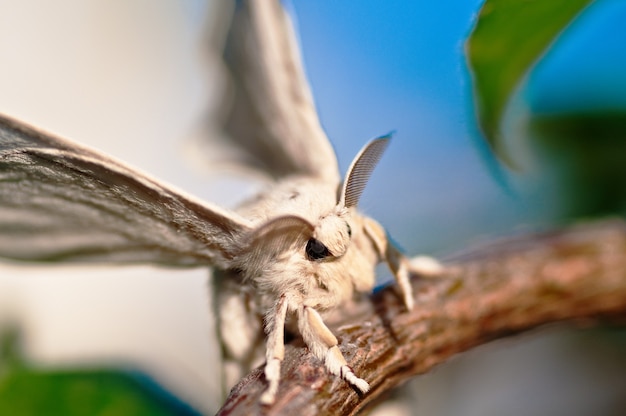Interesting Dragonfly Facts

Dragonflies have been around for over 300 million years.
Dragonflies are expert flyers, able to move in any direction and hover in mid-air.
Dragonflies have a remarkable vision, with their eyes comprising of thousands of individual lenses.
Dragonflies have four wings, which they can move independently to control their flight.
Dragonflies are not typically harmful to humans and are actually beneficial as they eat mosquitoes.
Dragonflies have a unique hunting technique, using their legs to form a basket to catch their prey.
Dragonflies have a lifespan of only a few months, with some species living for just a few weeks.
Dragonflies are found on every continent except Antarctica.
Dragonflies are excellent indicators of freshwater health, as they are sensitive to pollution.
Dragonflies are known for their intricate and beautiful wing patterns, which can vary by species.
Male dragonflies are often more colorful and vibrant than females.
The largest species of dragonfly has a wingspan of up to 5 inches (13 centimeters).
Dragonflies can fly at speeds of up to 30 miles (48 kilometers) per hour.
Dragonflies can see more colors than humans, including ultraviolet light.
Dragonflies are capable of mating in mid-air, forming a heart-shaped pattern.
Dragonfly larvae live in water and undergo several molts before transforming into adults.
Dragonflies have a unique resting position, holding their wings open and perpendicular to their bodies.
Interesting Dragonfly Facts part 2
Dragonflies are ancient insects and were contemporaries of the dinosaurs.
Dragonflies are not harmful to crops or plants, as they are primarily carnivorous.
Dragonflies are a symbol of change and transformation in many cultures.
Dragonflies are closely related to damselflies and belong to the same insect order, Odonata.
Dragonflies can be found in a wide range of habitats, from ponds and lakes to rivers and streams.
Dragonflies have a quick and agile hunting style, often catching their prey on the wing.
Dragonflies have a remarkable ability to see movement, allowing them to detect and catch flying insects easily.
Dragonflies have a unique breathing system, using long, flexible abdomens to draw in oxygen.
Some species of dragonflies migrate long distances, traveling hundreds or even thousands of miles.
Dragonflies have been given various cultural names, including devil’s darning needle and snake doctor.
Dragonflies are important pollinators, particularly for water-loving plants.
Dragonflies have powerful jaws that they use to crush and consume their prey.
Dragonflies are excellent indicators of water quality, as they need clean water to survive.
Dragonflies are often found near bodies of water, as they require water for mating and egg-laying.
Dragonflies have been the subject of much intrigue and mythology throughout history.
Dragonflies are not aggressive towards humans and generally prefer to avoid interactions.
Dragonflies are excellent fliers, able to perform acrobatic maneuvers and chase after prey with precision.
Dragonflies have a high metabolic rate, allowing them to capture and consume a large number of insects.
Dragonflies have a unique way of cooling themselves down, by either perching with their abdomen raised or dipping their abdomen into water.
Dragonflies have the ability to regenerate parts of their bodies, such as damaged wings.
Dragonflies have been known to form swarms or flights during migration.
Dragonflies have a relatively large brain compared to their body size.
Dragonflies have been the subject of scientific research to better understand their flight capabilities and aerodynamics.
Dragonflies have a courtship ritual involving elaborate flight displays and territorial battles.
Dragonflies are predators throughout their entire life cycle, even as larvae in the water.
Dragonflies have been used as symbols of power and agility in various cultures and mythologies.
Dragonflies are highly adaptable creatures, able to thrive in a wide range of environments.
Dragonflies play an important role in controlling insect populations, particularly mosquitoes.

